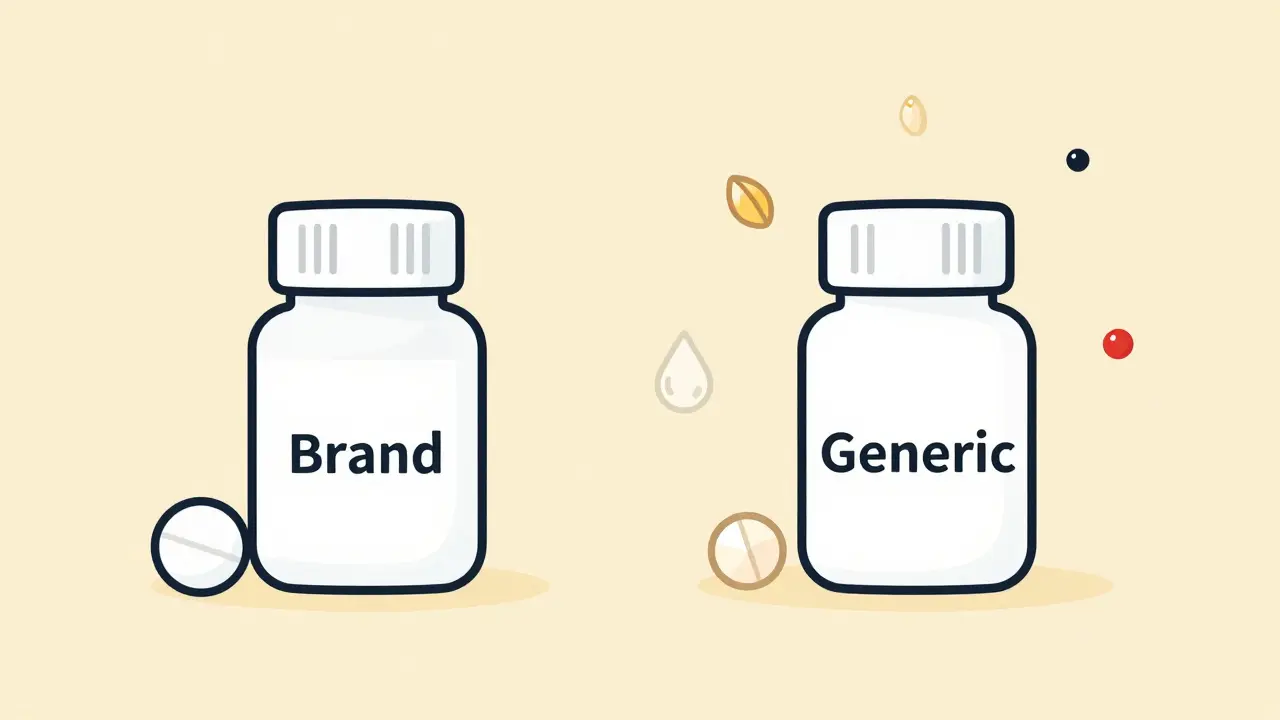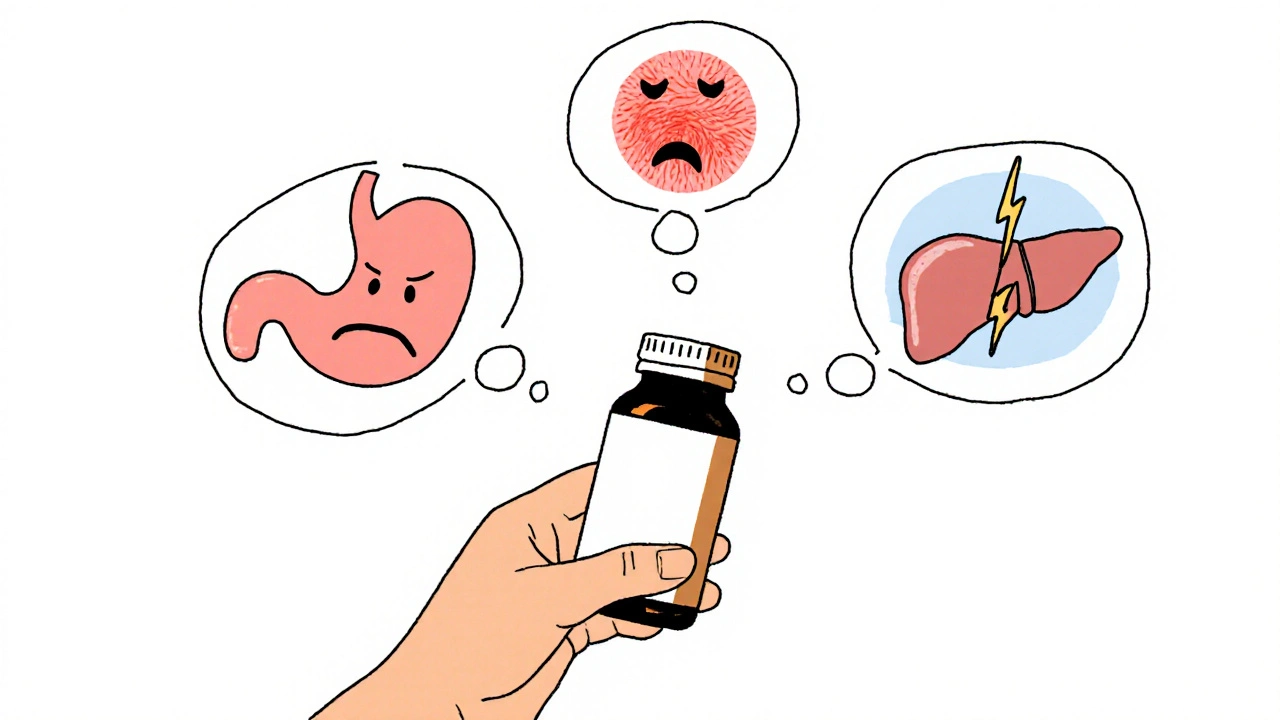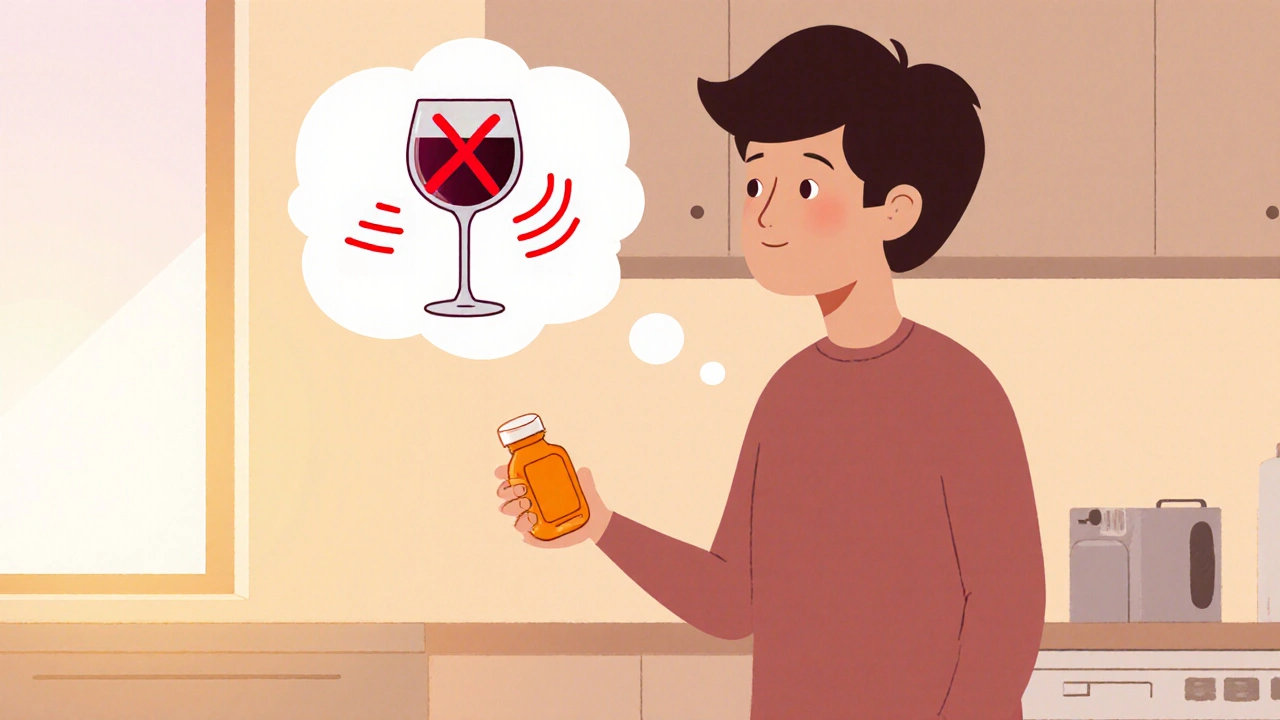Side Effects Explained: What to Watch for When Taking Medications
Ever taken a pill and wondered why you felt weird afterward? That’s a side effect, and it’s something every medicine user should expect. Knowing what to look for helps you avoid panic, catch problems early, and talk to your doctor with the right facts.
Side effects happen because drugs affect more than just the target condition. They can hit other receptors, change hormone levels, or irritate the gut. The result is a range of reactions, from mild headache to serious breathing trouble. Not every reaction means you’re allergic; sometimes it’s just your body adjusting.
Common Types of Side Effects
Most people experience mild symptoms. These include:
- Headaches or dizziness
- Nausea, stomach upset, or loss of appetite
- Dry mouth or increased thirst
- Sleepiness or trouble sleeping
- Skin rash or itching
These usually fade after a few days as your system gets used to the medicine. If they linger or get worse, it’s time to check with a health professional.
More serious side effects are rare but need quick action. Look out for:
- Swelling of face, lips, or throat
- Difficulty breathing or wheezing
- Sudden chest pain or rapid heartbeat
- Unexplained bruising or bleeding
- Severe stomach pain with fever
Any of these signals could mean a dangerous reaction, and you should seek medical help right away.
How to Manage and Reduce Side Effects
First, read the label or patient information sheet. It lists the most common and serious reactions for that drug. Knowing the list prepares you and reduces surprise.
Second, take the medicine exactly as prescribed. Skipping doses, doubling up, or mixing with alcohol can boost side effects. If a pill says “take with food,” do it—food can buffer stomach irritation.
Third, keep a simple log. Write down the date, dose, and any new feeling you notice. A short note helps your doctor see patterns and decide if the drug needs adjusting.
Fourth, stay hydrated and maintain a balanced diet. Water helps flush out excess chemicals, and food can smooth out nausea.
Lastly, don’t hesitate to ask your pharmacist for alternatives. Sometimes a different brand or formulation (like a slow‑release tablet) cuts down unwanted reactions.
Supplements aren’t exempt from side effects either. Herbal extracts, vitamins, and “natural” products can interact with prescription meds. For example, St. John’s wort can lower the effectiveness of birth control pills. Treat supplements with the same caution you’d give any drug.
When you notice a side effect, ask yourself three quick questions: Is it mild or severe? Is it getting better, staying the same, or worsening? Do I need to call a doctor right now? Answering these helps you decide whether to wait it out or get professional help.
Bottom line: side effects are normal, but you don’t have to suffer in silence. Stay informed, track what happens, and keep the conversation open with your healthcare team. By doing so, you protect your health while still getting the benefits of the medication you need.
Brand vs Generic Medications: Excipients and Side Effect Intolerances
Brand and generic medications have the same active ingredient, but different inactive ingredients can cause side effects or reduced effectiveness. Learn which drugs are most at risk and how to protect yourself if you're sensitive to excipients.
Side Effects vs Allergic Reactions vs Intolerance: How to Tell the Difference
Learn how to tell the difference between side effects, allergic reactions, and drug intolerance - why mixing them up can be dangerous, and what to do if you think you're allergic to a medication.
Disulfiram’s Effect on Quality of Life for People in Alcohol Recovery
Explore how disulfiram influences quality of life for recovering alcoholics, including benefits, side‑effects, QoL scores, and practical tips for better outcomes.
About
Healthcare Information



